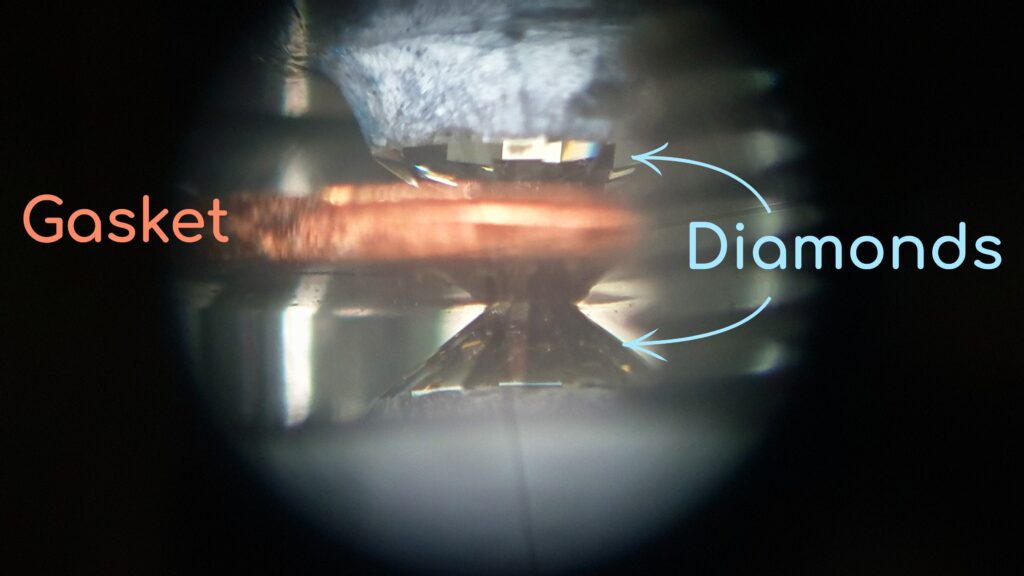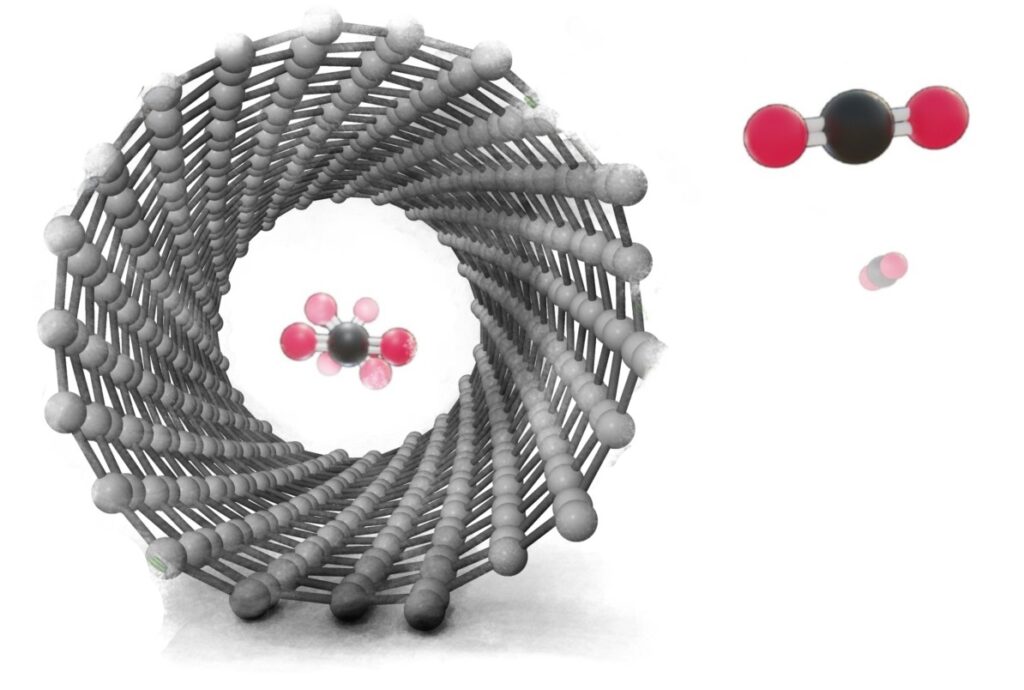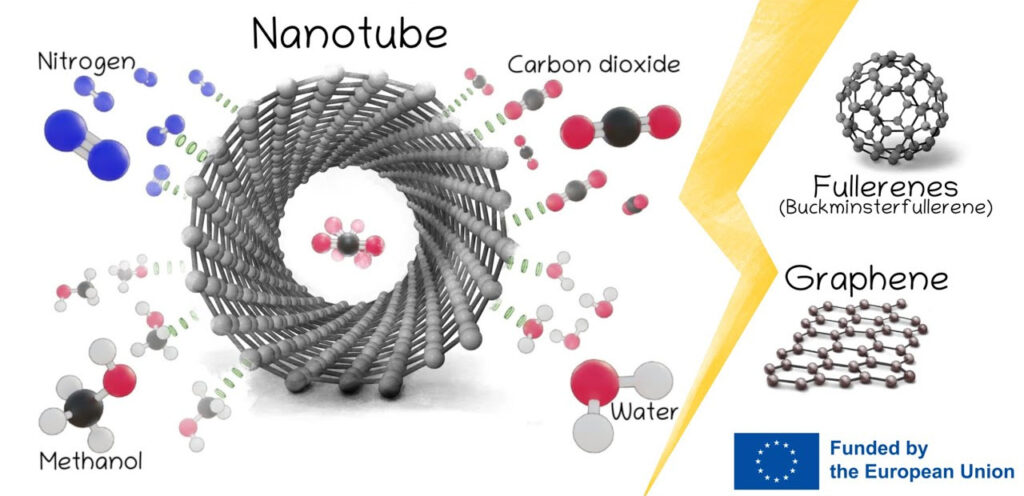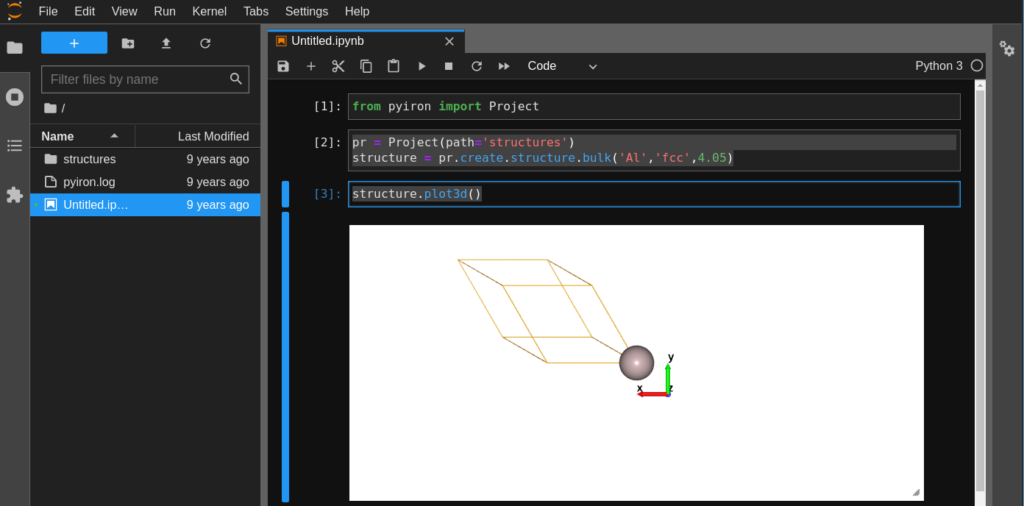Máquinas Moleculares – El arte de construir en pequeño
Con motivo de la visita del premio Nobel Ben Feringa a nuestra facultad de Química de la Universidad Complutense de Madrid, se presenta la oportunidad de hablar de su trabajo sobre las máquinas moleculares. El fascianante campo de las máquinas moleculares se puede decir que empezó gracias las ideas que Richard Feynman expuso en su […]
Máquinas Moleculares – El arte de construir en pequeño Read More »








